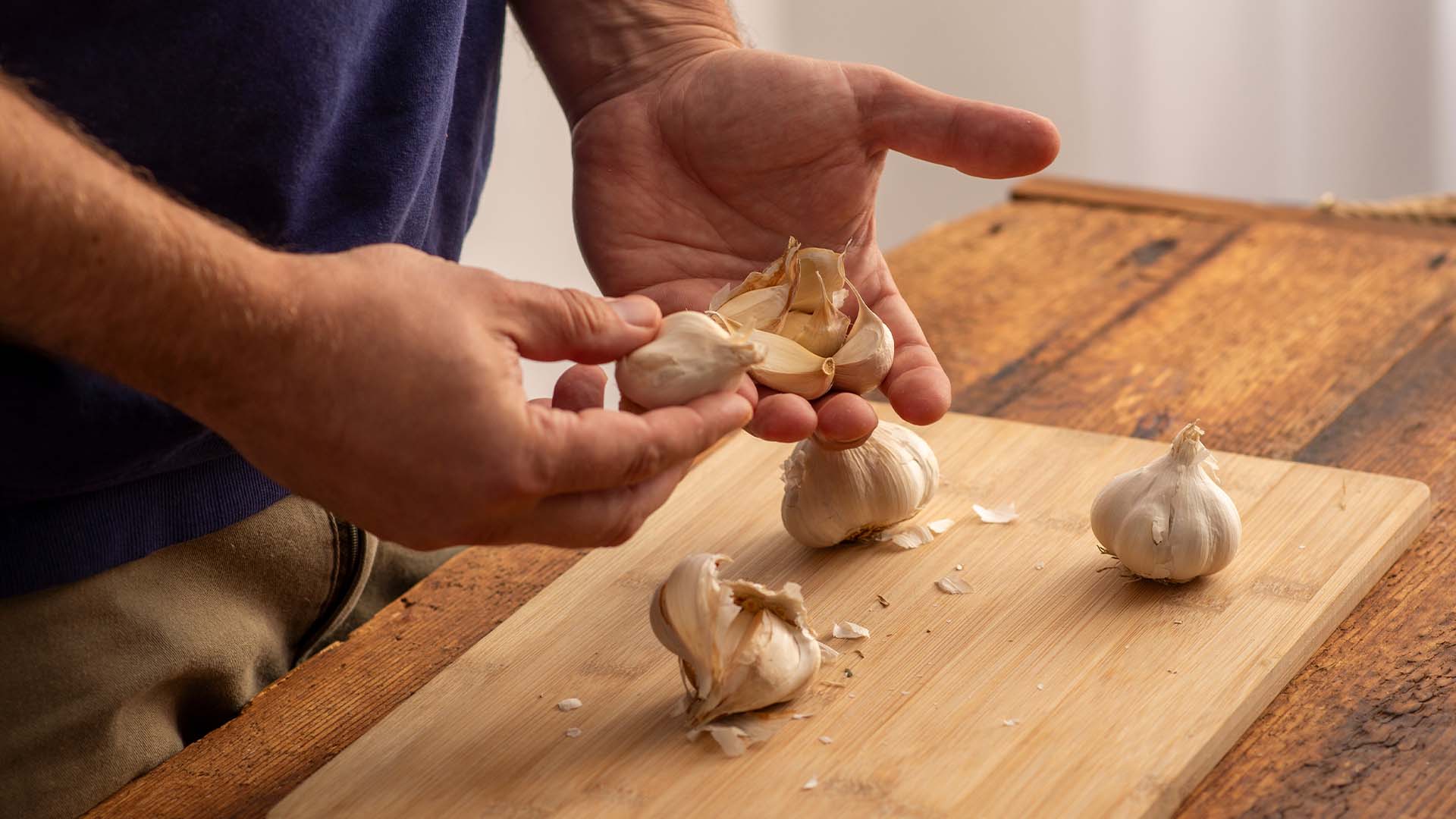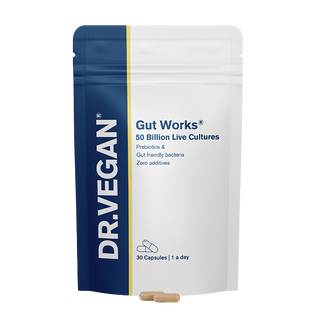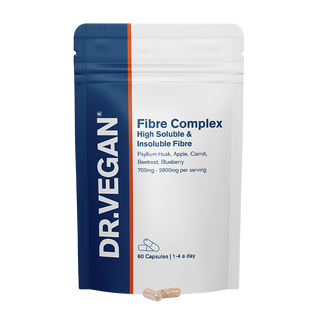Why prebiotics are important

Prebiotics are non-digestible fibres that serve as a nourishment source for beneficial gut bacteria. While probiotics are live bacteria that offer health benefits when consumed, prebiotics act as the fuel that helps these friendly bacteria thrive in the digestive system.
The importance of prebiotics lies in their ability to promote a balanced and healthy gut microbiome, which is crucial for overall wellbeing.
Where and how to get prebiotics
Natural sources of prebiotics can be found in various foods, particularly those high in soluble fibre. Foods like garlic, onions, leeks, asparagus, bananas and whole grains are excellent choices. Consuming a diverse range of plant-based foods ensures a rich supply of prebiotics to support gut health.
Different types of prebiotics and their functions
There are different types of prebiotics, with inulin and fructooligosaccharides (FOS) being among the most common. Each type may have specific benefits, contributing to different aspects of gut health. Inulin, for example, has been associated with promoting the growth of bifidobacteria, a group of beneficial bacteria in the gut.
Best prebiotic foods
- Garlic and onions: Rich in inulin, these vegetables provide potent prebiotic benefits.
- Asparagus: Contains inulin and promotes the growth of beneficial bacteria.
- Bananas: Are a source of fructooligosaccharides (FOS), supporting a diverse microbiome.
- Whole grains: Foods like oats, barley and quinoa offer a mix of prebiotic fibres.
What happens if you don't have enough prebiotics?
Insufficient intake of prebiotics can lead to an imbalance in the gut microbiome, resulting in digestive issues including constipation, diarrhoea, bloating or gas. These symptoms may indicate that the beneficial bacteria in the gut are not receiving the necessary nourishment to thrive.
What happens if you take a prebiotic every day?
Consistent consumption of prebiotics can contribute to a healthier gut microbiome. Regular intake enhances digestion, supports immune function and improves overall wellbeing. However, individual responses may vary and it's essential to maintain a balanced diet. You may be interested in 'How to look after your gut through your diet'.
Side effects of prebiotics
In some cases, individuals may experience mild side effects when introducing prebiotics into their diet. Common side effects include bloating and gas. Gradually increasing prebiotic intake can help minimise these symptoms as the gut adjusts to the dietary change.
Are prebiotics and fibre supplements the same thing?
While prebiotics are a type of fibre, they differ from traditional fibre supplements. Prebiotics specifically nourish beneficial gut bacteria, whereas fibre supplements may primarily focus on promoting regular bowel movements. It's important to note that a well-rounded diet that includes a variety of fibre-rich foods is the ideal way to support overall gut health.
Understanding the significance of prebiotics and their role in fostering a healthy gut microbiome is crucial for overall wellbeing. By incorporating a diverse range of prebiotic-rich foods into your diet, you can support the thriving community of beneficial bacteria in your digestive system, promoting digestive health and overall vitality.
Discover our range of award-winning vegan supplements and probiotics.
You may also enjoy reading:
- Should you take probiotics after antibiotics?
- Difference between soluble & insoluble fibre
- Latest gut health customer survey: IBS causes & signs revealed
- Acid reflux? Best 3 foods to eat and avoid
- Best probiotics for IBS
- Common & unusual symptoms of IBS
- Signs of gluten intolerance
- 5 common myths of coeliac disease
- What is period poo?
Want to hear more from our nutritionists? Sign up to our email newsletter for insights and exclusive offers:



















